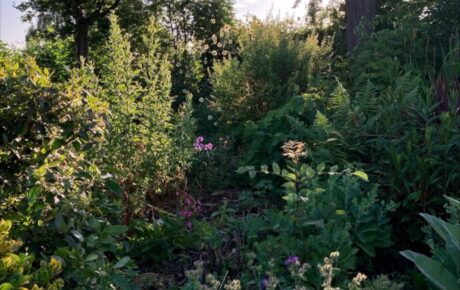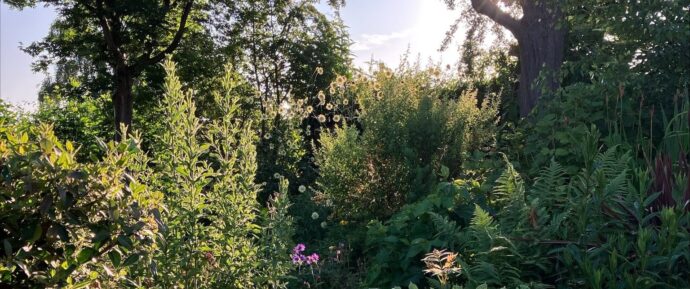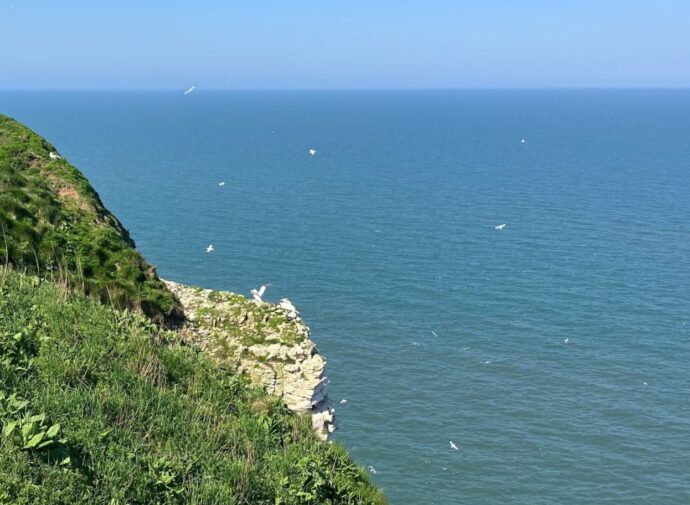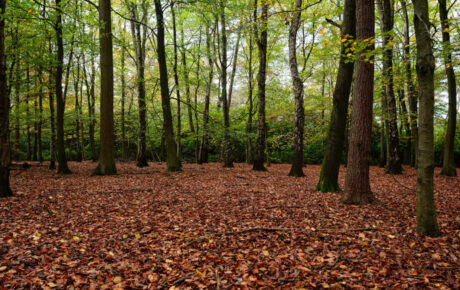Hiring – Office Manager
Weddles are a friendly and busy landscape architecture and ecology consultancy. We are looking for an office manager to join our growing team to help run the day-to-day workings of our Sheffield office.
The position is initially offered on a part-time basis with the potential to progress to full-time. The role is based in the office in Sheffield.
We are looking for somebody who has the following attributes:
- Proven experience in office management or a similar administrative role
- Very organised with a proactive nature who is able to prioritise and manage a range of administrative duties
- Fluent in English with excellent grammar skills
- Excellent communication and interpersonal skills
- Computer literate with knowledge of Microsoft Office
- Has an interest in landscape design and ecology
Tasks may include:
- Supporting the directors with basic PA duties
- Arranging travel, accommodation and coordination for staff site visits
- Arranging sub-contractors for ecological surveys
- Everyday office management such as ordering office supplies and equipment and managing the meeting room calendars
- Organising staff training
- Coordinating staff performance reviews
- Assisting with recruitment
- Answering the phone and making calls as required
- Dealing with incoming enquiries
- Assistance with HR and provision of staff point of contact
- Ensuring compliance with health and safety at work regulations on behalf of the office, such as organising fire training, first aiders, first aid kits etc.
- Organising office social events and activities
- Meeting and greeting clients and visitors
- Assisting with payroll and accounting
- Practice promotion and social media
- Collating timesheets and managing staff leave
The ability to reliably commute to the Sheffield office or plan to relocate to Sheffield before starting work will be required.
To apply please e-mail mail@weddles.co.uk sending a CV and covering letter.
Applications by 17th March 2024.
No third parties or agencies.






